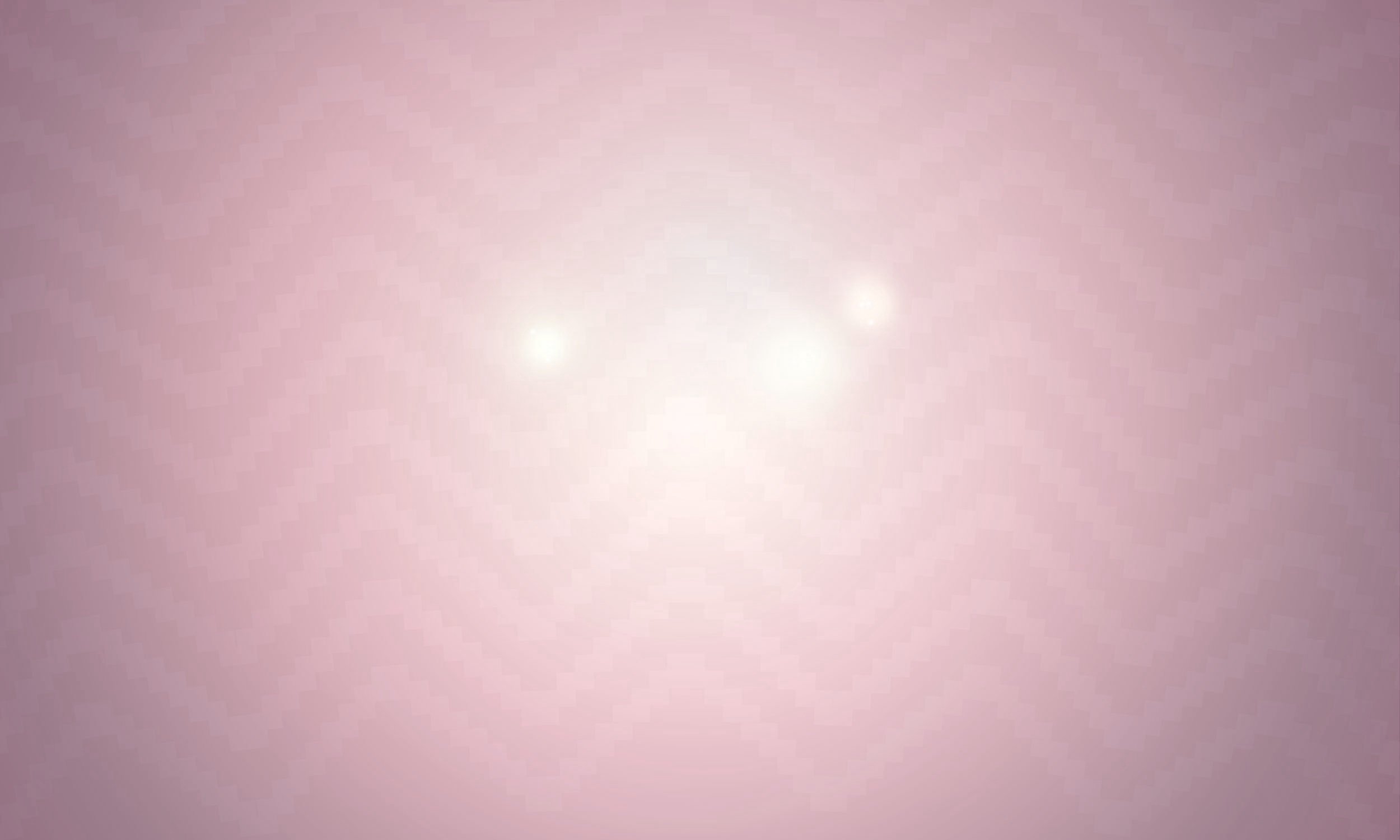
On this page:
If we are feeling disconnected or lonely, finding the support we need is important. Remember, what we all need for support is unique to us, and it’s up to us who is part of it.
Support networks, and how they can help:
Whānau and friends
Our friends and family might be our first go to for support. They're familiar with and understand our background and experiences, and they love us.
Community groups
Groups within our community are great because we tend to have a shared interest. Being part of a community can be empowering. If there are community groups, we feel connected to, there might be people in these groups we can talk to, or there might be a safe space for us to spend more time. Being part of a community and doing things with and for other people can help us find purpose and meaning.
Kaumātua, elders and leaders
Elders and leaders often have wisdom from their experiences. Consider reaching out to grandparents, spiritual leaders or mentors. Their insights might offer the comfort we need.
Peer support
Peer support is about mutual understanding with another person with similar experiences.
HIV Peer Support Organisations in Aotearoa:
Positive Women Inc
Supporting women and whānau living with HIV
Free phone: 0800 POZTIV 0800 769 848
Drop in/Head Office:
Level 1, 35 Hargreaves Street, St Mary’s Bay, Auckland.
Toitū Te Ao
Supporting Māori, Pasifika and Indigenous people living with HIV and their whānau
Phone or Text: 0210 870 1747
Body Positive
Offers a range of services for people living with HIV
Freephone 0800 HIV LINE (0800 448 5463)
Drop in/Head Office:
1/3 Poynton Terrace, Newton, Auckland
Counselling services and other support:
Burnett Foundation Aotearoa
The Burnett Foundation offers free and confidential short-term counselling and support for people living with HIV, including free STI testing, peer support social gatherings, and information about treatments and HIV.
You can book an appointment for an initial phone chat with one of the counsellors or call free 0800 802 437
The Depression Helpline
0800 111 757 or free text 4202 to talk to a trained counsellor about how you are feeling or to ask any questions.
Free call or free text 1737 any time, 24 hours a day. We can talk to (or text with) a trained counsellor or talk to a peer support worker. This service is completely free.
The Elder Abuse Response Service (EARS)
This is a free and confidential 24-hour helpline. If we have concerns about how we are being treated (or someone we know) or we feel frightened or at risk, help is available by calling 0800 326 6865.
Other support services:
Clinical Nurse Specialists (CNS's) are registered nurses who have specialist training in HIV. Many of the larger regional hospitals have an HIV Clinical Nurse Specialist or Infection Diseases (ID) team. You can contact reception at the nearest major hospital and ask to speak to the HIV CNS.
Psychologists and psychiatrists offer specific talking therapies and approaches customised to individual needs. Psychiatrists are medical doctors specialising in mental health. They collaborate with other health professionals for comprehensive care.
Social workers support people who are dealing with various aspects of life from crisis support to accessing services.
Whānau Ora navigators can advocate for us and our whānau through the health and social services. They work from a mātauranga Māori framework.
Rongoā practitioners work in rongoā Māori, an indigenous method of healing, to help with a range of different conditions.
Counsellors can provide short intervention counselling to help with life’s challenges. They are free to access and we can talk to our GP about getting a referral.



















